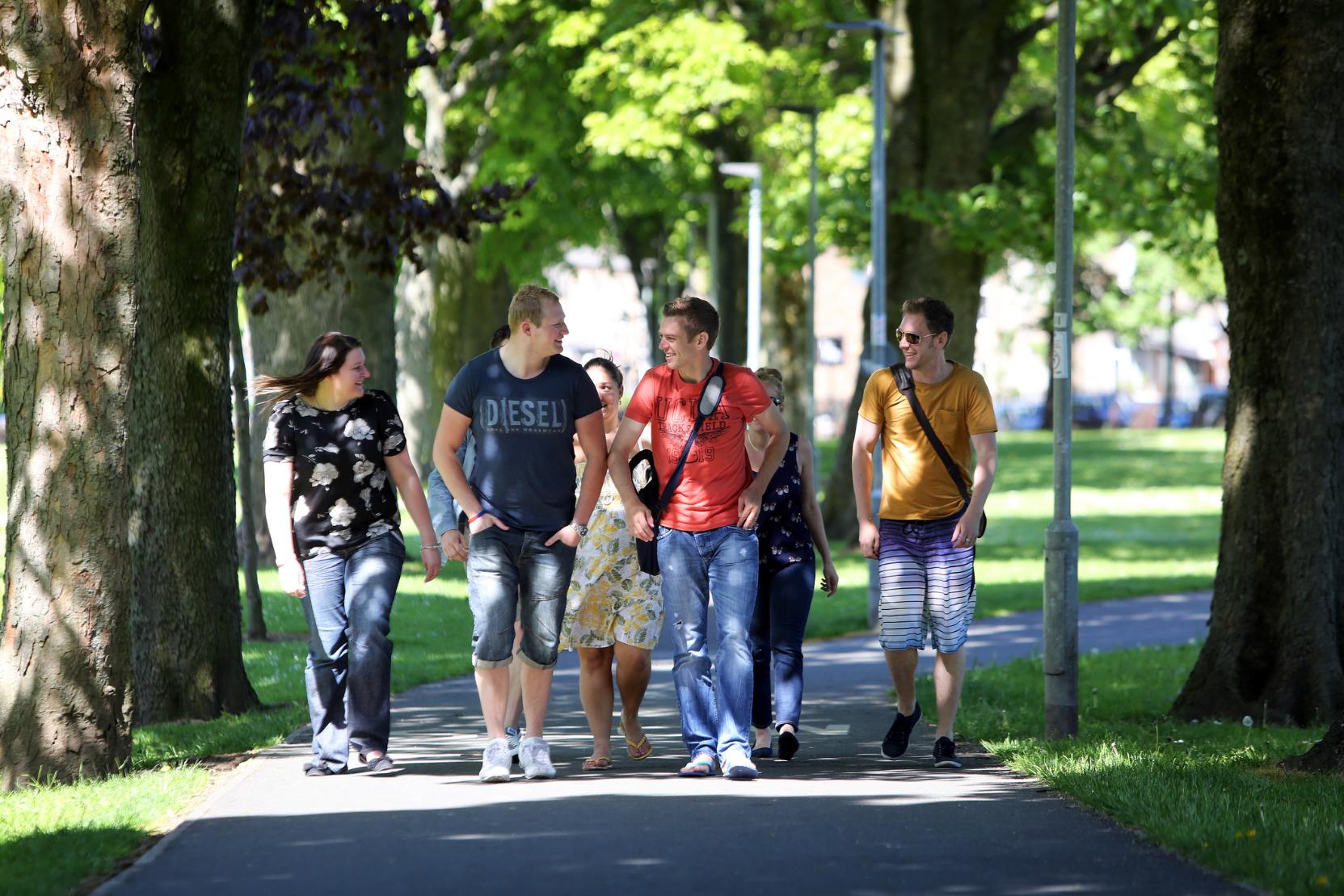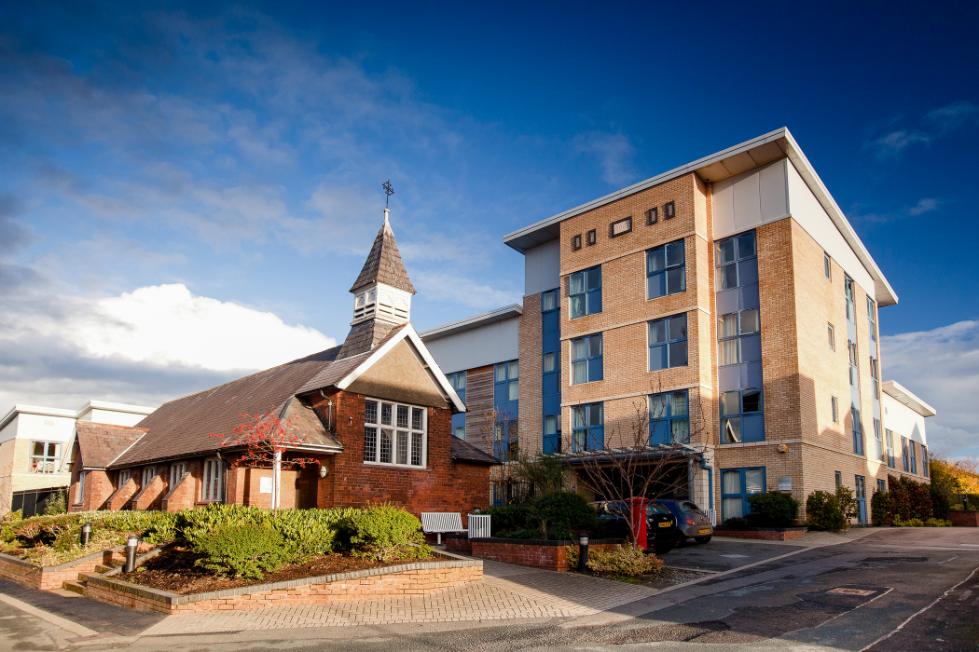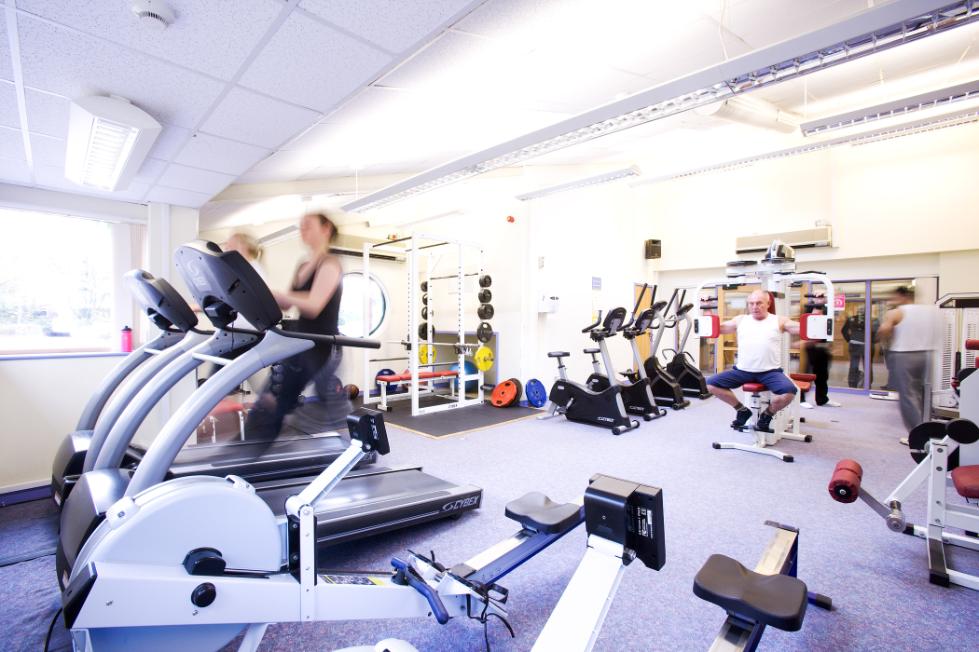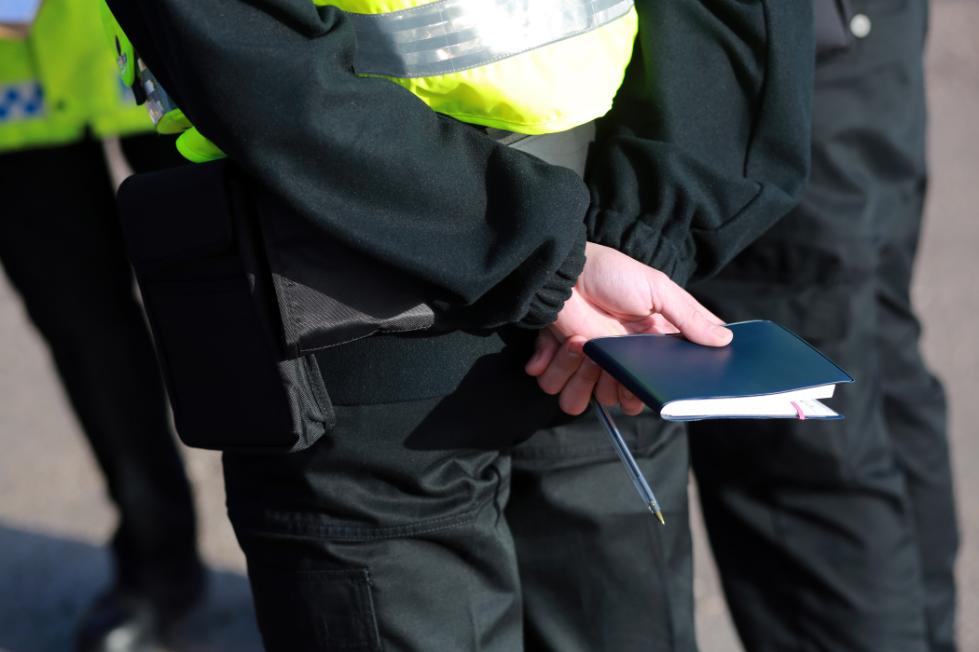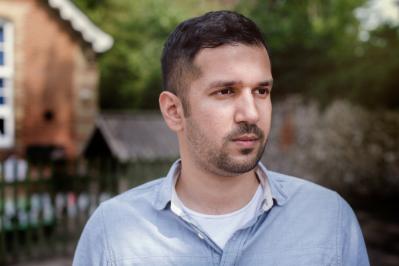Committed to Caring For Students
Supporting People and Place
We are committed to providing an environment that is healthy, safe, and considerate of the welfare of our students. No matter their background or identity, every student is welcome at the University of Cumbria.
We understand that university can be a stressful experience, with young adults moving away from home for the first time, meeting new people, and getting to grips with a hands-on course. Things can seem hectic at the beginning. That is why we offer a number of services to help students relax, keep fit, and take care of their physical and mental health.
Plus, students studying at our Carlisle, Lancaster, and Ambleside campuses can unwind in nature, with plenty of nearby public reserves, parks, and outdoor activities.
We're here to help students stay focused and go far.
Balancing Student Life
Life can be complicated. Personal, emotional and psychological problems can affect your child’s ability to study. Counselling and therapy can give professional mental health support in a safe setting. Students are listened to, respected and not judged. Our Mental Health Care Workers and qualified Psychological Therapists, as well as our Psychological Therapist Trainees, offer confidential support and advice in a number of ways:
- Information on how to access services provided by the NHS and social services and support in doing do.
- Support for students with disabilities, including some aspects of mental health.
- Counselling and therapy services.
- Information for students.
- Appointments available at each campus during the week, and various workshops and group sessions run throughout the year.
-
Chaplaincy
Religious Centre on Campus
The chaplains are available to support all students whether they are a member of a faith community, or simply want a chat about life. We provide prayer rooms and quiet spaces across our campuses and can signpost students to sources of support. We run non faith-based mindfulness courses, spirituality based meditations and services in the Christian and Muslim traditions. We seek to support everyone to live meaningful and fulfilling lives.
Find out more
-
Sports and Recreation
Fitness Facilities on Campus
We want students to keep healthy and enjoy every aspect of their life while at university. Our students have access to a range of facilities and clubs across our sites, and can also take advantage of local sport offerings.
Find out more
-
Safety
Security on Campus
Our sites in Carlisle, Lancaster, and Ambleside are located in safe areas with low crime rates. Night security staff maintain a constant vigil. Whether studying late in the library, attending a University event, or living on campus, our security teams are here to keep students safe.
Health & Safety Information
Inclusion, Equality, and Disability
If your child needs diversity and equality support, we cover a number of areas including race, religion, gender, age, transgender, isolation issues and disability.
Our Disability and Specific Learning Difficulty (SpLD) team provides a supportive environment that aims to allow all individuals to flourish. The team is committed to widening participation and provide a range of services to enable those with a disability or specific learning difficulty to access their chosen course.
Additionally, a number of student networks have been founded via the Student Union to bring together LGBTQ+, Black and Ethnic Minority, Disabled students, and more. Students can join these networks to connect with like-minded people, share advice, and petition for change.
Available Disability Support
Adjustments to formal timed examinations, including extra time, readers and scribes, and use of computers and rest breaks (subject to receiving appropriate evidence of disability).
Digital recorders for loan to enable your child to record their teaching sessions, alongside assistance in the library to navigate colour-coded subject areas, accessible spine labels and assistance if they are unable to access the shelving systems.
An individualised disability/SpLD action plan giving teaching, professional service staff, and placement providers an overview of the impact of your child’s disability/SpLD, detailing the adjustments they may require. This is shared with your child's consent. These adjustments will be adjusted depending on your child's needs to become an independent learner and boos employability skills.
Access to a range of non-medical help services including practical support, note-taking, specialist mentoring and study skills. To access these services your child will need to have applied for Disabled Students Allowance through their funding body. We can also assist them with this process, if required. If they are not able to access funding, specialist staff will aim to award internal funding.
All of our campuses have accessible learning and teaching spaces alongside adapted residential accommodation. Our aim is to have all our teaching and learning spaces fully accessible and with classroom technology to support any disability.
Assistance with access to additional allowances such as Disabled Students Allowances (DSAs), which cover some of the costs of additional support.

